Psoriasis Diet: Foods to prevent psoriasis
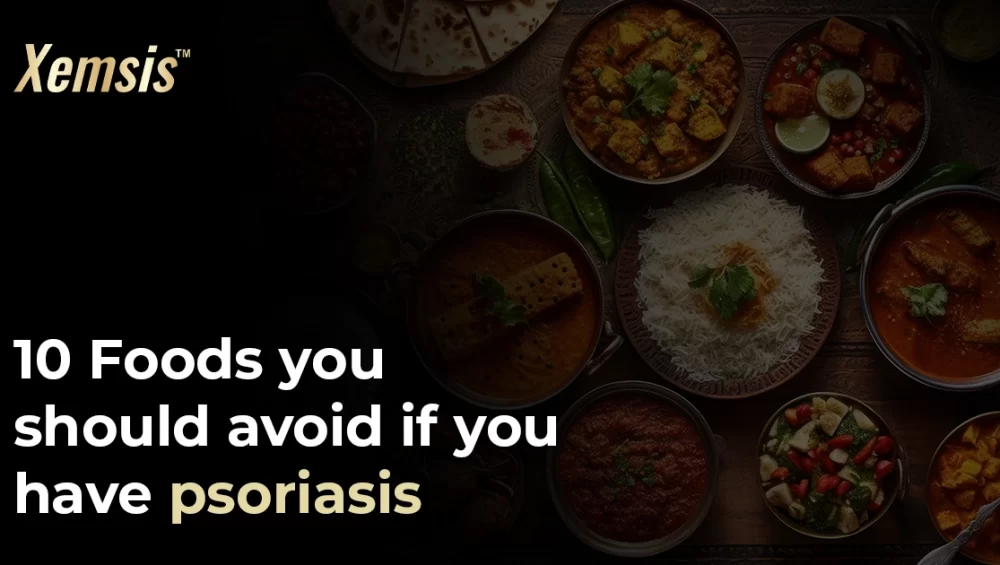
10 Foods to avoid with psoriasis
Living with psoriasis can be quite challenging. Psoriasis can be triggered by a lot of factors, and of course, food is one of them. Certain foods can lead to inflammation and trigger flare-ups. Making the smart choice of finding those foods, avoiding them, and maintaining a diet for psoriasis can help manage and improve your skin health. Here’s a list of 10 foods to avoid if you have psoriasis, as detailed in this blog.
1. Dairy Products
Some people with psoriasis find that dairy products like milk, cheese, and yoghurt can make their symptoms worse. Dairy contains proteins that may trigger inflammation in some individuals. If you think that dairy is a trigger for your psoriasis, try substituting dairy-free alternatives like almond milk or yoghurt made with coconut milk.
2. Red Meat
Meats like chicken and turkey can be part of a healthy diet, but red meat like beef and pork may be a factor in your skin’s inflammation. Meats are high in saturated fats, which can contribute to triggering inflammation and may worsen psoriasis symptoms. Try to switch to leaner protein sources like fish and tofu instead of red meat.
3. Citrus Fruits:
Fruits are an essential part of a balanced diet. Some people with psoriasis find that citrus fruits like oranges, lemons, and grapefruits can trigger flare-ups. Citrus fruits contain acids that may irritate the skin and worsen psoriasis symptoms in some individuals. Reduce your intake of citrus fruits or try other types of fruits without citrus content, like berries or apples.
4. Spicy and Fried Foods
Spicy foods like hot peppers and chilli contain compounds that can irritate the skin and trigger inflammation. Fried foods like french fries, fried chicken, and potato chips are high in unhealthy fats, which may worsen psoriasis symptoms. Avoid taking spicy or oily foods to protect yourself from flare-ups and inflammations.
5. Sugary Foods and Beverages
Foods high in sugar, such as candy, chocolates, biscuits, soda, and baked goods, can contribute to inflammation and may exacerbate psoriasis symptoms. High sugar intake can also increase weight, which is a risk factor for psoriasis. Instead of sugar, try natural sweeteners like honey or jaggery.
6. Nightshade Vegetables
Vegetables Known as “nightshades,” they include potatoes, tomatoes, peppers, and eggplants. These vegetables contain compounds called alkaloids, which some psoriasis sufferers find to increase their condition. Some people say that their symptoms have improved after removing these vegetables from their diet.
7. Caffeine
Coffee, tea, energy drinks, and some sodas all contain caffeine, which is a stimulant. Inflammation and irregular sleep patterns are two factors that can affect psoriasis flare-ups, and caffeine may cause both. If you find that drinking caffeine makes your symptoms worse, you might want to reduce your consumption. Choosing to drink herbal teas or caffeine-free drinks can help you manage your psoriasis more healthily.
8.Processed Foods
Processed foods are foods that have been altered from their natural state, often containing additives, preservatives, and unhealthy fats. Processed snacks like chips, cookies, and sugary cereals can contribute to inflammation in the body, which may increase psoriasis symptoms.
9. Gluten
Gluten is a protein found in wheat and barley. Some people with psoriasis may have a sensitivity to gluten, which can trigger inflammation and maximise symptoms. Consider trying a gluten-free diet to see if it helps improve your skin condition.
10. Alcohol
Alcohol can be dehydrating and may trigger psoriatic symptoms in the body, worsening psoriasis. Alcohol can also mix with medications used to treat psoriasis, making them less effective. Avoiding it altogether will be a great option and will also help manage psoriasis.
Listen to your body
One of the most important factors in managing psoriasis through diet is listening to your body and understanding how it reacts to the foods you consume. Each person’s body is unique, and what triggers symptoms in one individual may not affect another in the same way. Pay attention to how your skin, energy levels, and overall well-being respond to different foods.
Keep track of your intake and changes in your symptoms. By doing this, you can make the right choices about what to avoid in your diet. Managing psoriasis is a journey, and it may take time to identify your triggers. As you go forward, give yourself a moment to celebrate and recognize your small victories.
Conclusion
Psoriasis differs from person to person, and the reasons differ too. Several researchers and doctors have prescribed avoiding these foods to enhance your overall diet and decrease inflammation and flare-ups. You can effectively identify and stay out of possible triggers by following a diet for psoriasis and listening to your body’s reactions to it. It is also important to look into treatment options like xemsis psoriasis ointment, which reduces the symptoms and restores normal skin faster in 7 days. Incorporating xemsis ointment into your skin routine can provide targeted relief due to its all-natural ingredients, free from parabens and toxins. With both dietary adjustments and treatment interventions like Xemsis, you can work towards minimizing flare-ups and optimizing your skin health.

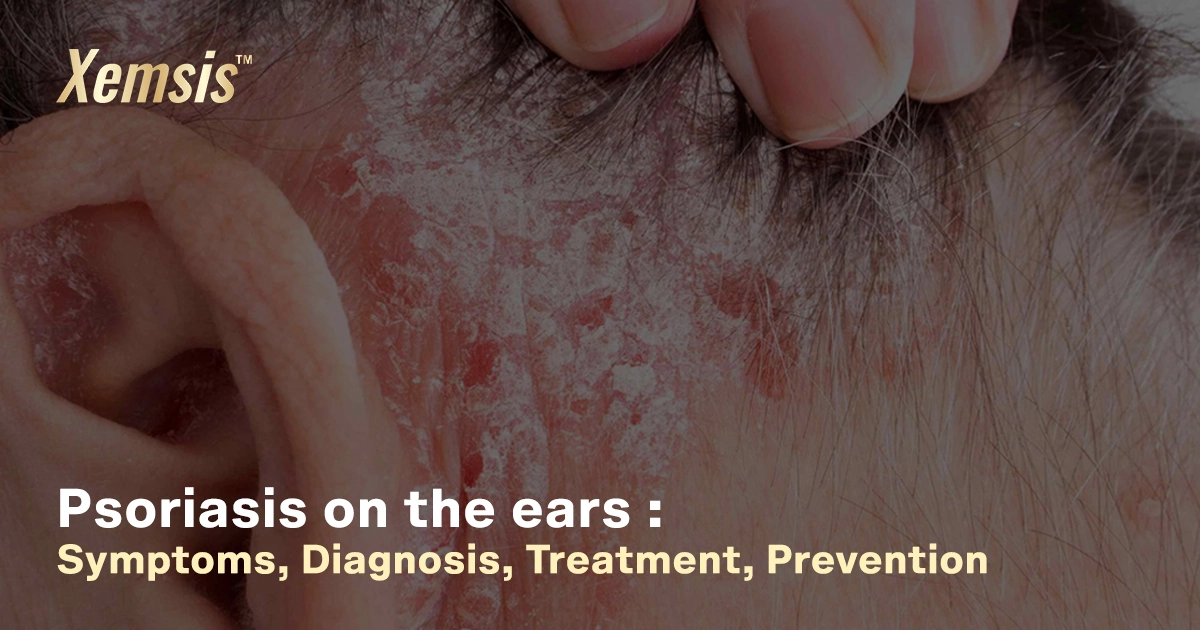
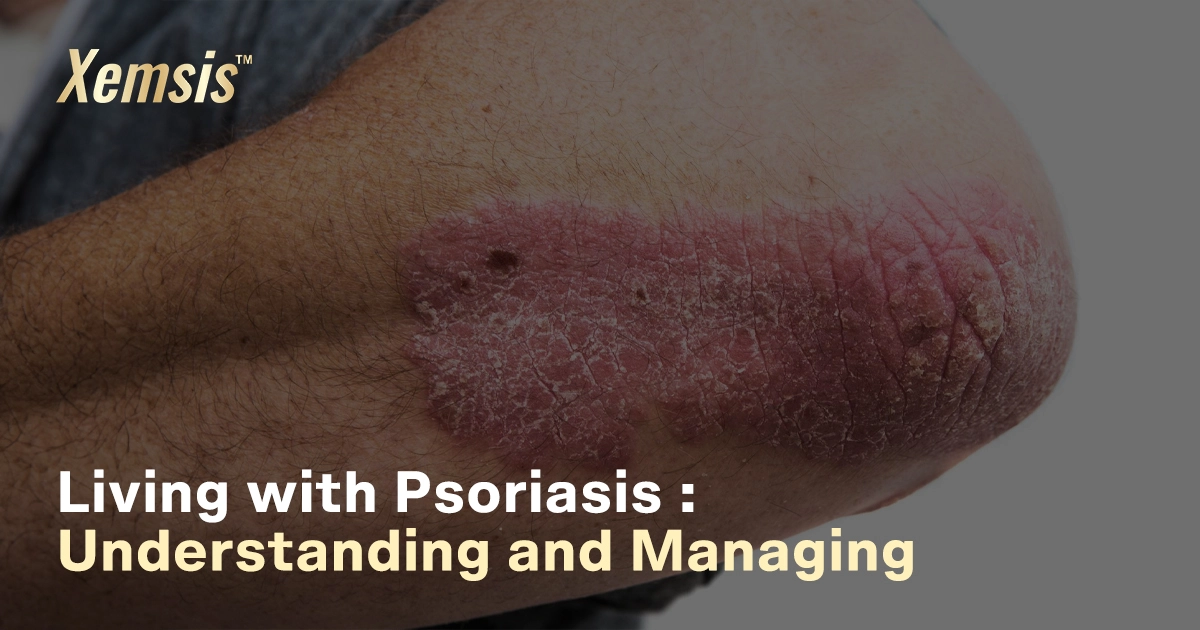
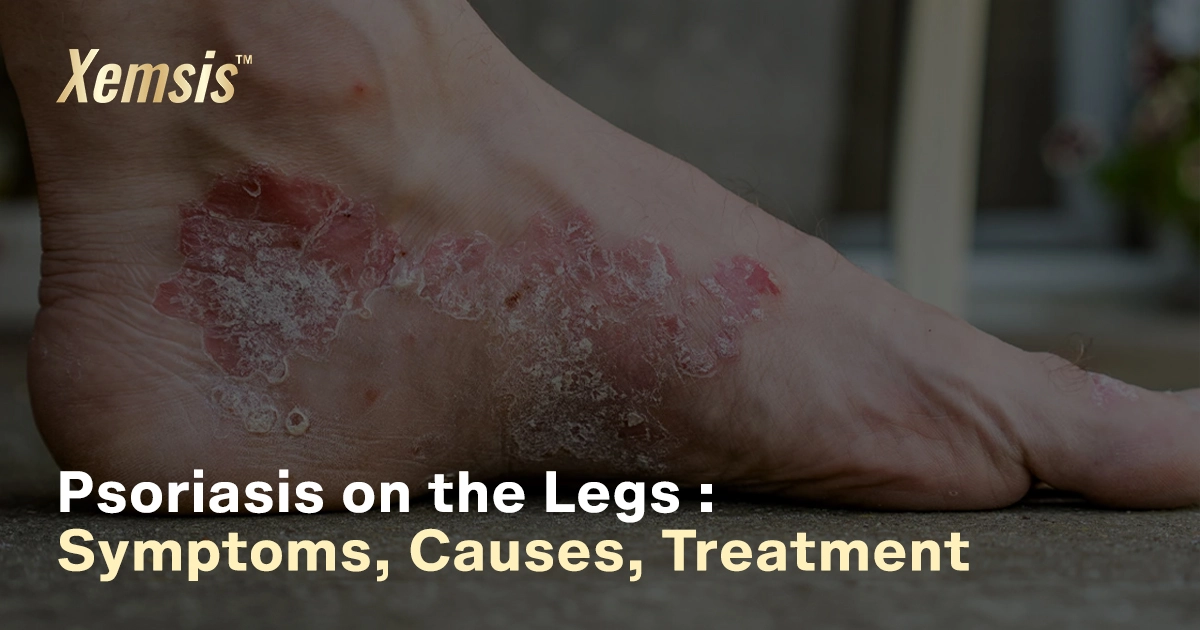
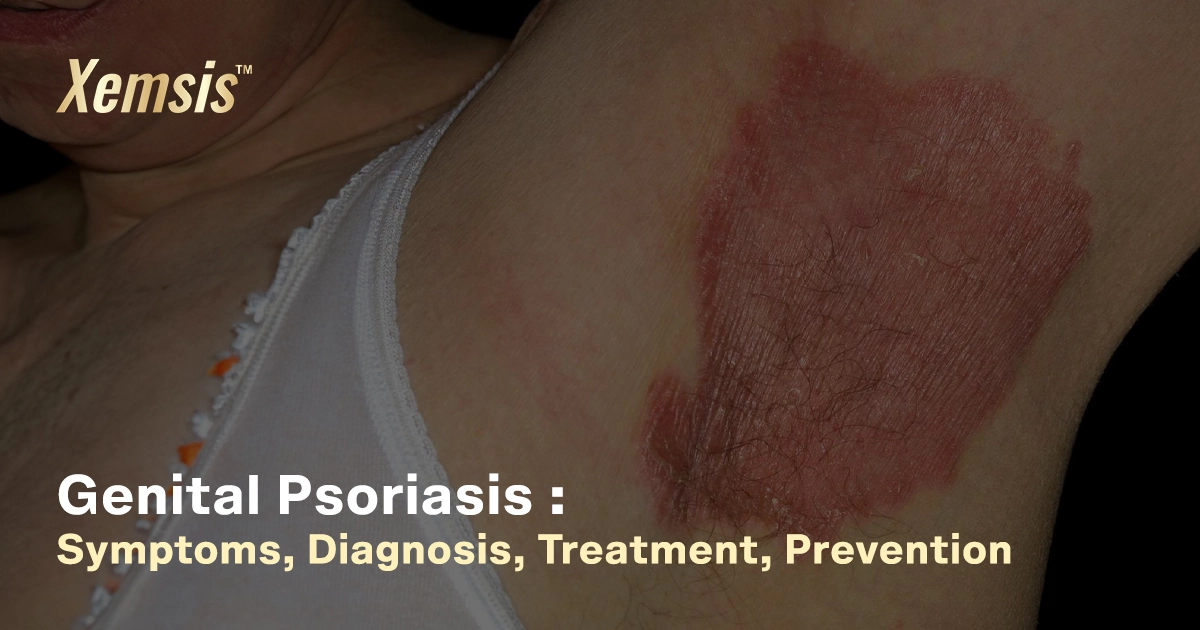
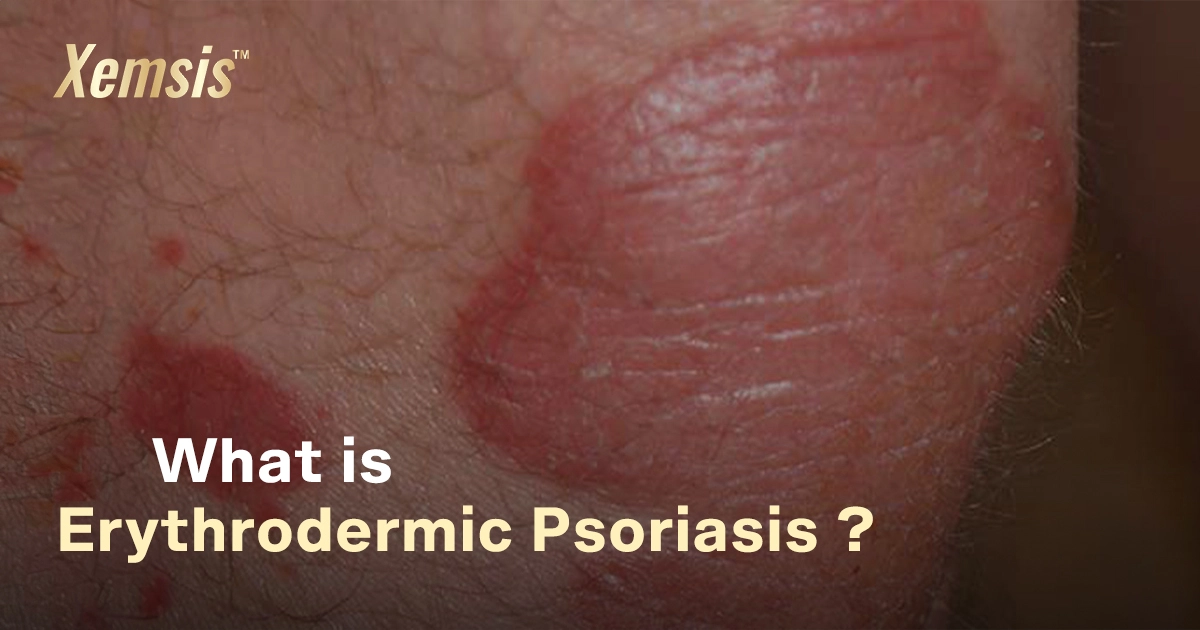


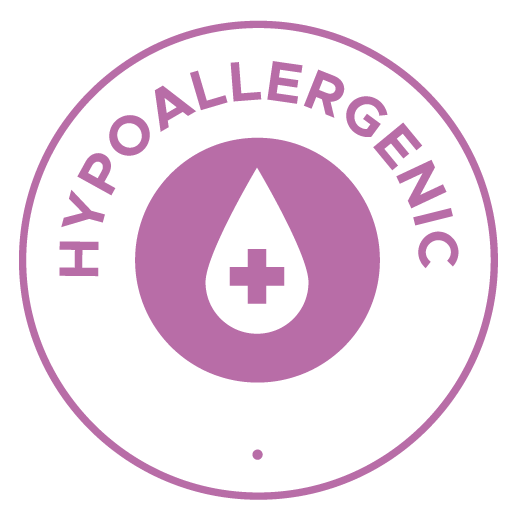
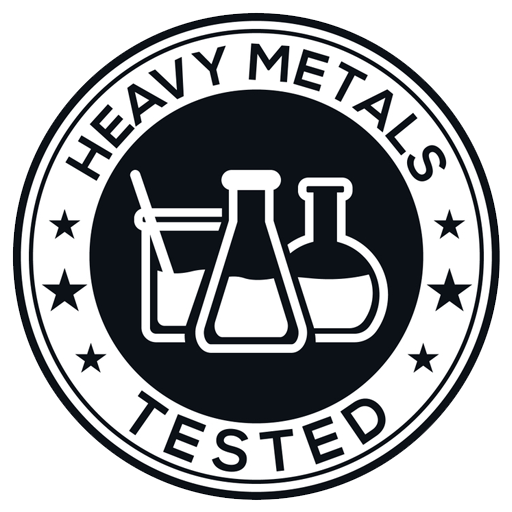
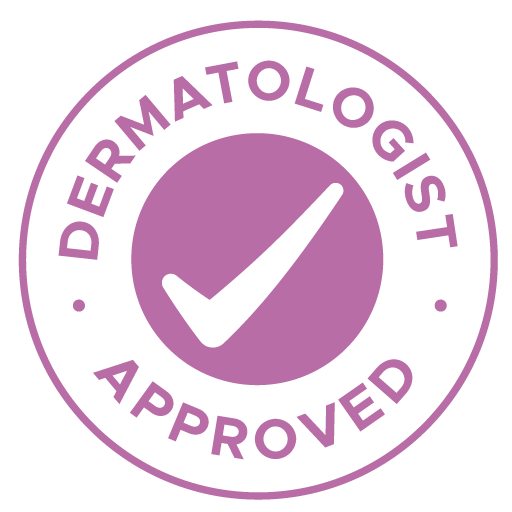
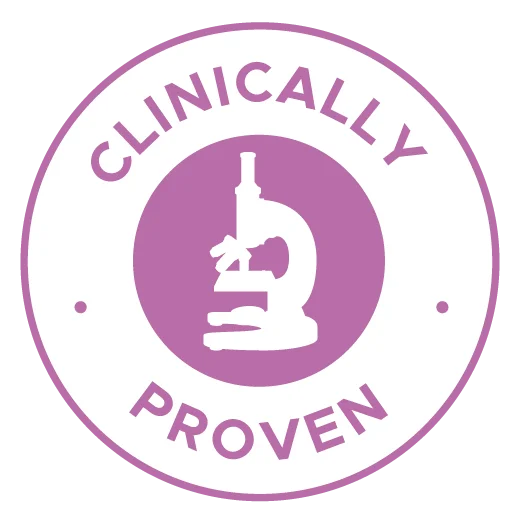


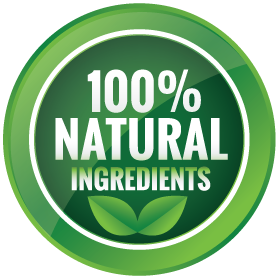

1 Comment
[…] understand that it’s tough to avoid certain foods if you are facing the situation of having Psoriasis. Our body’s defence mechanism is […]